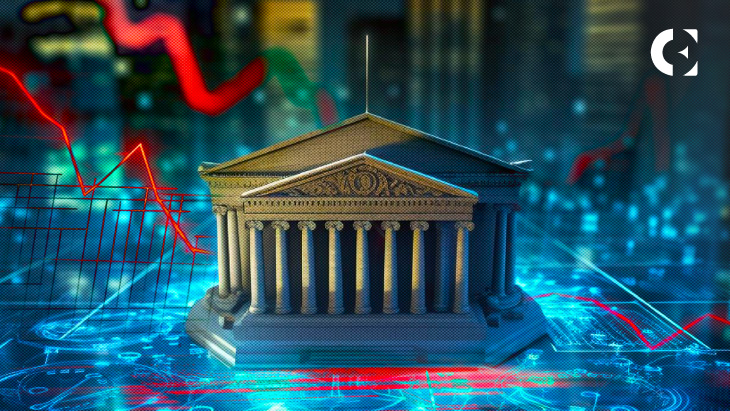- The UK’s Supreme Court ruled that AI cannot be considered a patent inventor.
- Stephen Thaler filed an appeal to recognize his AI, DABUS, as the patent creator of a food container and a flashing light beacon.
- The court rejected the appeal claiming that an inventor should always be a “natural person”.
The Supreme Court of the United Kingdom has ruled that AI cannot be considered a “patent inventor.” According to a report by Reuters, five judges from the Supreme Court confirmed that an “inventor” must be a person, asserting that AI can never be an inventor with patent rights.
The case in question began in 2018, when Stephen Thaler, a computer scientist, sought legal recognition for his AI model, dubbed DABUS, as the patent creator of a food container and a flashing light beacon. However, in 2019, the intellectual property office (IPO) denied the request, claiming that only a human being can be a patent creator. IPO’s decision was also supported by the High Court and the Court of Appeal.
While Thaler approached the Supreme Court in a bid to recognize his “creative machine” as the sole inventor of the two properties, the court unanimously rejected the application in light of the UK patent law that states, “an inventor must be a natural person.” In response to the ruling that stood against Thaler, his attorneys commented, “UK patent law is currently wholly unsuitable for protecting inventions generated autonomously by AI machines and as a consequence wholly inadequate in supporting any industry that relies on AI in the development of new technologies”.
In the court order dated December 20, the judges made clear statements on the denial of Thaler’s appeal. While Thaler does not consider himself as the inventor, but DABUS, the court saw things differently. The ruling stated,
As a preliminary matter, this appeal is not concerned with the broader question whether technical advances generated by machines acting autonomously and powered by AI should be patentable. It is concerned instead with the interpretation and application of the relevant provisions of the 1977 Act [50].
In a related development, the European Union has adopted a landmark proposal for regulating AI technology, following three days of discussions between the Council Presidency and the European Parliament. The proposal aims to implement stringent regulatory rules in AI services and applications, such as ChatGPT to confront its potential risks.
Disclaimer: The information presented in this article is for informational and educational purposes only. The article does not constitute financial advice or advice of any kind. Coin Edition is not responsible for any losses incurred as a result of the utilization of content, products, or services mentioned. Readers are advised to exercise caution before taking any action related to the company.







